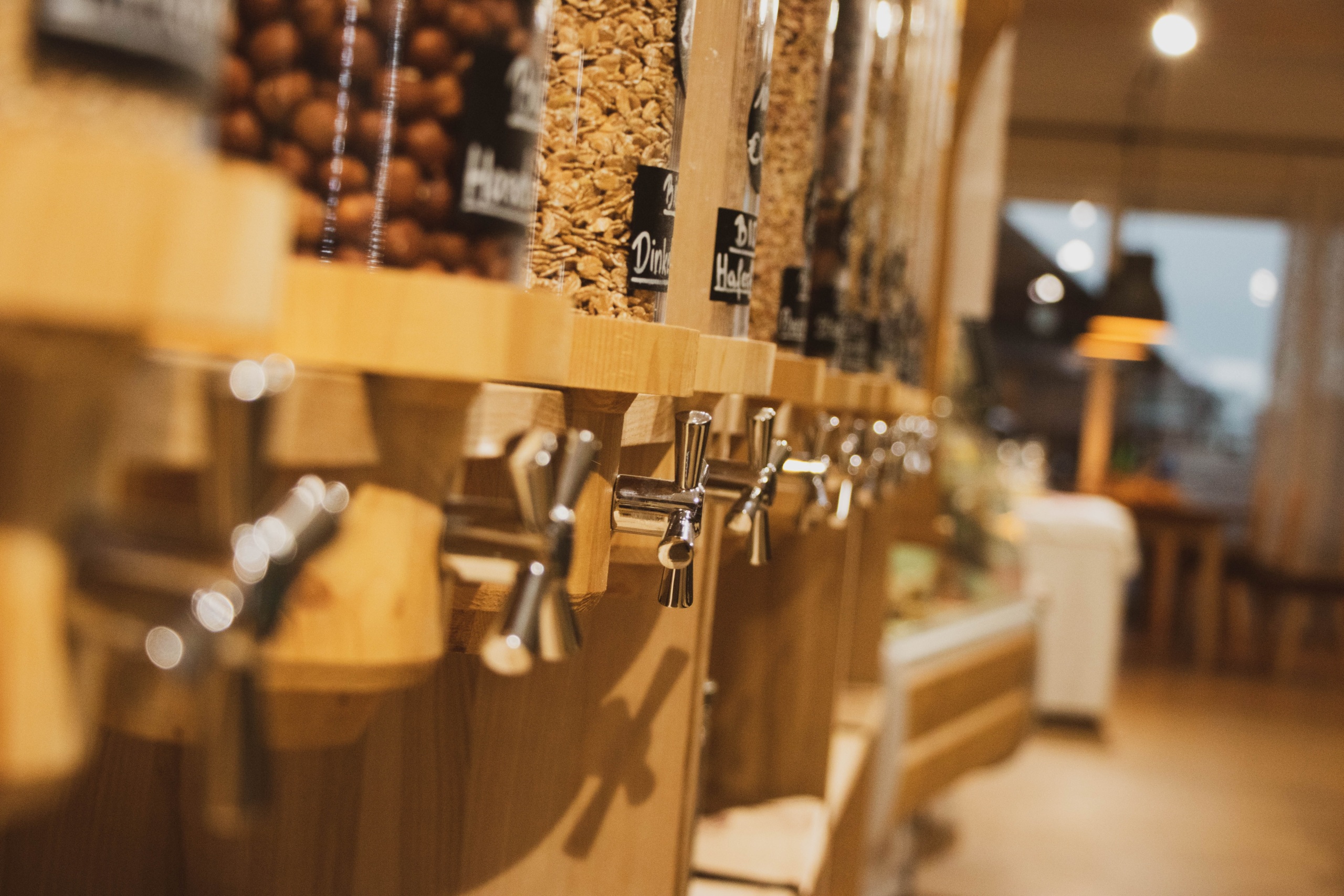
Ditch plastic packaging: Shop at your local refillery
A wave of new retail businesses are eliminating single-use plastic packaging entirely, showing us what a future with dramatically less plastic could look like.
To spare birds, fish and other wildlife from the harm caused by plastic pollution, we’re raising our voices for a world with less single-use plastic products.
Maybe you’ve seen the video of a sea turtle with a plastic straw stuck in its nose, or the headlines about whales washing ashore with stomachs full of plastic. With so much plastic pollution floating in the ocean, it’s too easy for wildlife to mistake it for food — and too often, they pay the price with their lives. The good news is that more people, communities, states and companies are moving away from the single-use plastics we don’t even need. Because after all, nothing we use for a few minutes should pollute our environment and threaten wildlife for hundreds of years.
A wave of new retail businesses are eliminating single-use plastic packaging entirely, showing us what a future with dramatically less plastic could look like.
Report ●
Leading up to Earth Day, U.S. PIRG Education Fund, Environment America Research & Policy Center and Frontier Group are releasing a new report, Refill, Return, Reimagine: Innovative Solutions to Reduce Wasteful Packaging, that explains no-waste and low-waste business models, shares case studies and demonstrates ways to reimagine our relationship with plastic.
A new report from U.S. PIRG Education Fund and Environment America Research & Policy Center found that Amazon packaging rarely gets recycled when customers use the company's recommended store drop-off system.
Plastic Bag Bans Work, a new report released Thursday by U.S. PIRG Education Fund, Environment America Research & Policy Center and Frontier Group, estimates that, on average, plastic bag bans similar to those studied can eliminate almost 300 single-use plastic bags per person, per year.
We need policy and corporate actors to work together to curb our plastics problem.
Grocery stores like Whole Foods have a major part to play in the fight against plastic pollution.
